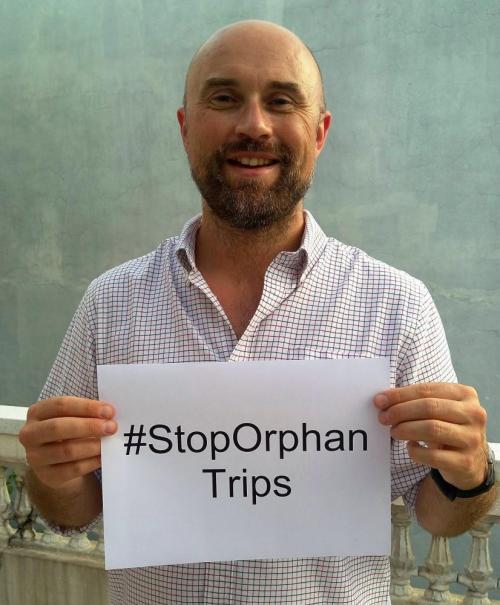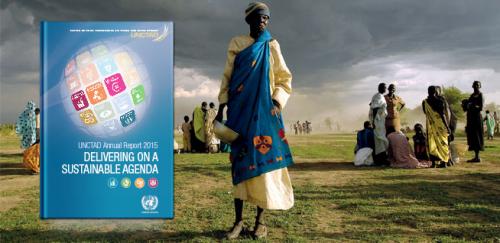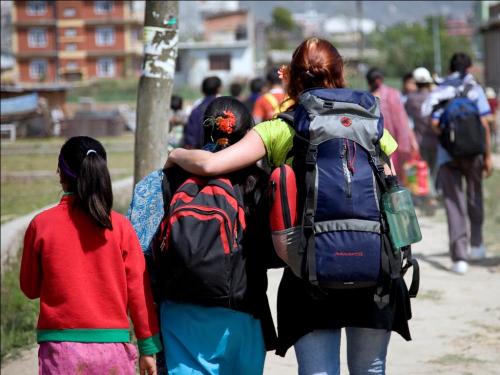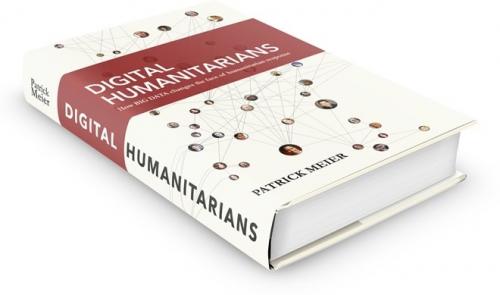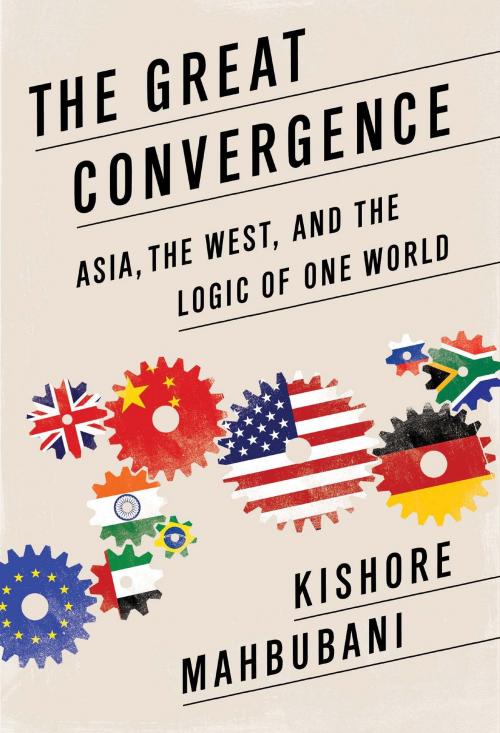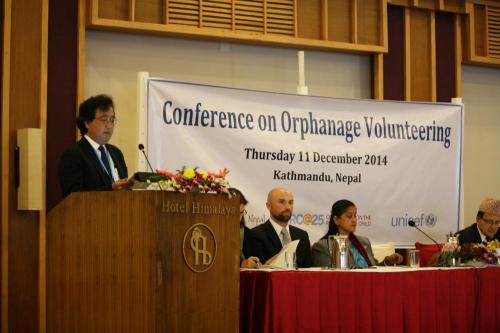BETTER AID
It is a commonly shared opinion that development sector has vast areas of improvement. You can tackle these issues from a multitude of angles: more transparency, more accountability, incentives to new forms of funding tied to results and also through a strong organizational development approach that help strengthen the organizations. After all, there are many ways to make aid more effective and transparent. This section wants to discuss ways to improve how aid works from different perspective: from grassroots to policy level. Practical suggestions, experiences coming from every day work can be extremely useful in starting up a new discussions on how aid can perform and deliver better.


